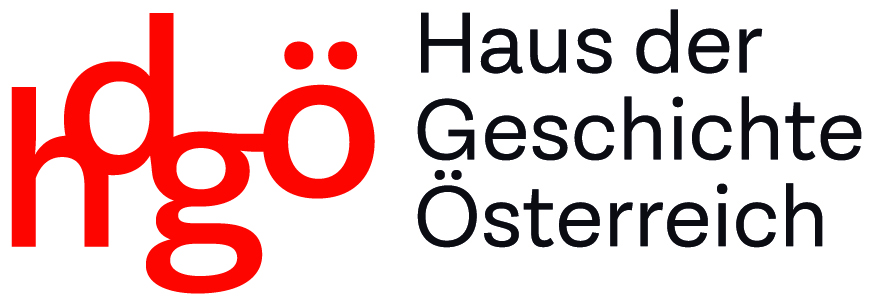Interventions
Since the 1980s, the politics of remembrance and the central place held by the Holocaust therein have moved into the focus of a global cultural policy debate. Triggered by popular formats such as TV series, the establishment of Holocaust museums, and the erection of memorial sites and memorials, and by documentations, feature films, plays, as well as exhibitions, the highly controversial debate has addressed and continues to address the question of the sense and form of Holocaust remembrance as well as its possibilities and limits.
The Vienna Wiesenthal Institute for Holocaust Studies (VWI) understands its educational mission as the task of preserving the visibility of the cultural context of remembrance and the media anthropological background as well as the discursive context of popular remembrance of the Holocaust and other genocides for its audience. The materiality and the act of remembrance itself are focussed on by making these the very topic and issue of educational questions. This is achieved on the one hand via academic debate and reasoning, on the other by testing the issue in various contexts by experiment. The latter takes place in the framework of “Interventions in Public Spaces”, involving especially artists and writers.
rÆsonanz_en
Echoes, memories, and aftereffects – resonances – are usually laden with emotion, sentimental and individual. The aim of this event series is therefore to cultivate anew a conversation beyond the today much discussed ‘echo chambers’ of social media and to offer a space for mutual thought and reflection – in other words for resonating – at the intersection of living memory, collective memory, and scholarly analysis: Different aspects of, approaches to, and perspectives on the research areas of the VWI will be sounded out here; intergenerational conversations will be enabled; questioning, ruminating, and doubting will be allowed – borrowing freely from the words of Bertolt Brecht and Marcel Reich-Ranicki: “Curtains closed and all the questions open.”
| rÆson_anzen | |||
| Michaela Raggam-Blesch: Deportationen aus jüdischen Kinderheimen nach Malyj Trostenez | |||
Tuesday, 15. October 2019, 18:30 - 20:30 Wiener Wiesenthal Institut für Holocaust-Studien (VWI), 1010 Wien, Rabensteig 3, Research Lounge, 3. Stock
|
|||
Im Zuge der großen Deportationen 1941/1942 wurden auch Kinder aus den nach und nach aufgelösten jüdischen Kinderheimen deportiert. Viele davon waren Halbwaisen, einige aufgrund gescheiterter Fluchtbemühungen von ihren Eltern getrennt. Josef Löwenherz, Amtsdirektor der Israelitischen Kultusgemeinde (IKG), versuchte – wie seine Aktennotizen dokumentieren – den Abtransport der in den Heimen betreuten Kinder so lange wie möglich zu verhindern, was letztendlich aber nicht in seiner Macht lag. Auch in den Deportationstransporten nach Malyj Trostenez befanden sich immer wieder Kinder aus jüdischen Kinderheimen. Dabei ist der Transport vom 14. September 1942 hervorzuheben, in welchem 33 Knaben und 42 Mädchen aus jüdischen Kinderheimen deportiert und unmittelbar nach der Ankunft am 18. September 1942 ermordet wurden. Von den meisten dieser Kinder sind nur Name, Geburtsdatum und letzte Wohnadresse bekannt. In diesem Vortrag werden auch biographische Spuren einiger deportierter Kinder rekonstruiert. Die Veranstaltung ist Teil des Rahmenprogramms der Ausstellung: Vernichtungsort Malyj Trostenez. Geschichte und Erinnerung im Haus der Geschichte Österreich (HGdÖ). Michaela Raggam-Blesch, Mitarbeiterin am Institut für Zeitgeschichte der Universität Wien, ist Elise Richter Stipendiatin mit einem Forschungsprojekt zum Alltag und den Verfolgungserfahrungen von Frauen und Männern ‚halbjüdischer' Herkunft während des NS-Regimes in Wien. Von 2001 bis 2003 Mitarbeiterin am Leo Baeck Institute in New York. Forschungsschwerpunkte: Jüdische Geschichte des 19. und 20. Jahrhunderts, Oral History, NS-Geschichte und Holocaust Studies. Moderation: René Bienert (VWI) Bitte melden Sie sich unter This email address is being protected from spambots. You need JavaScript enabled to view it. bis Montag 14. Oktober 2019, 18.00 Uhr an und bringen Sie bitte einen gültigen Lichtbildausweis mit! |
|||








